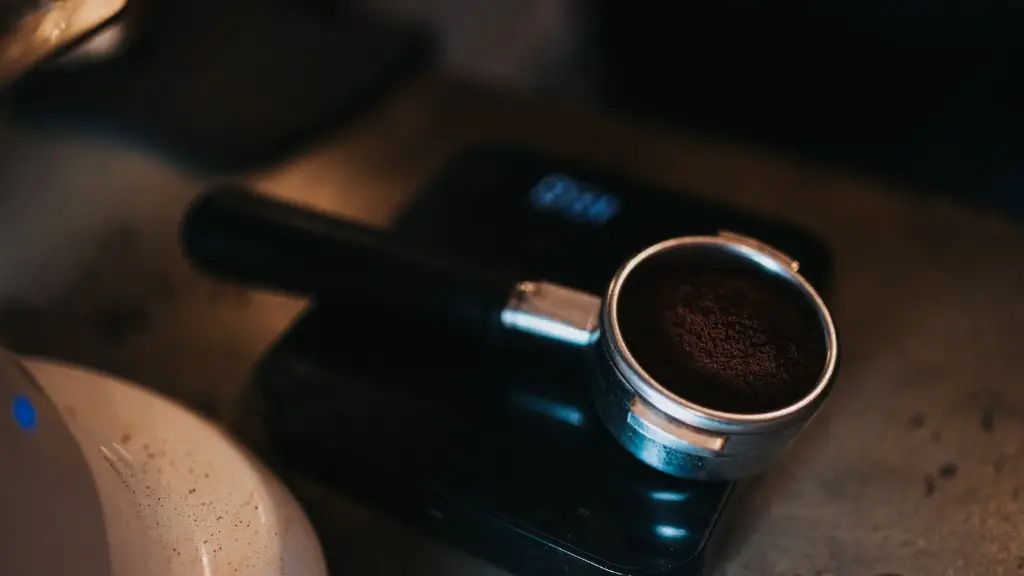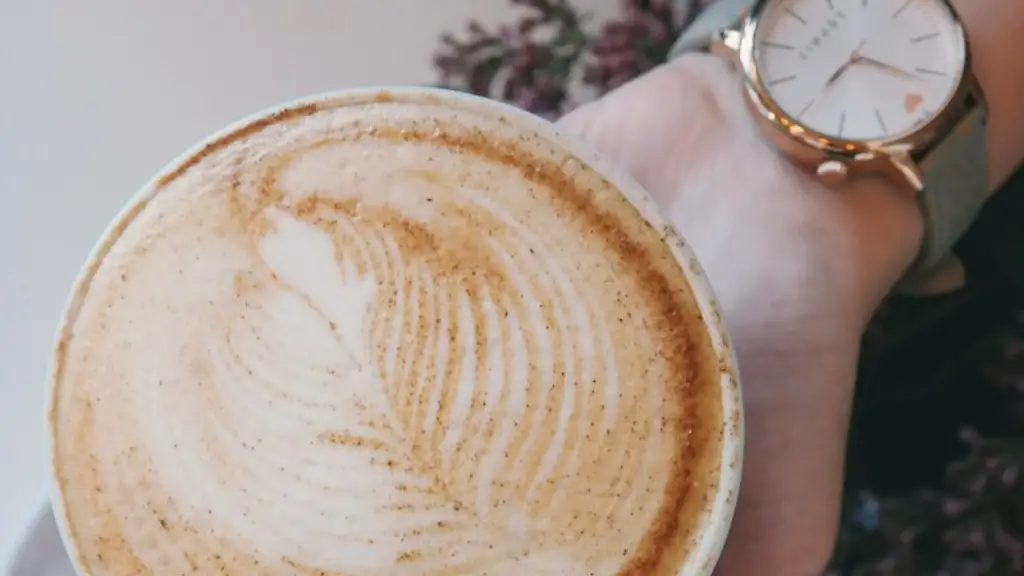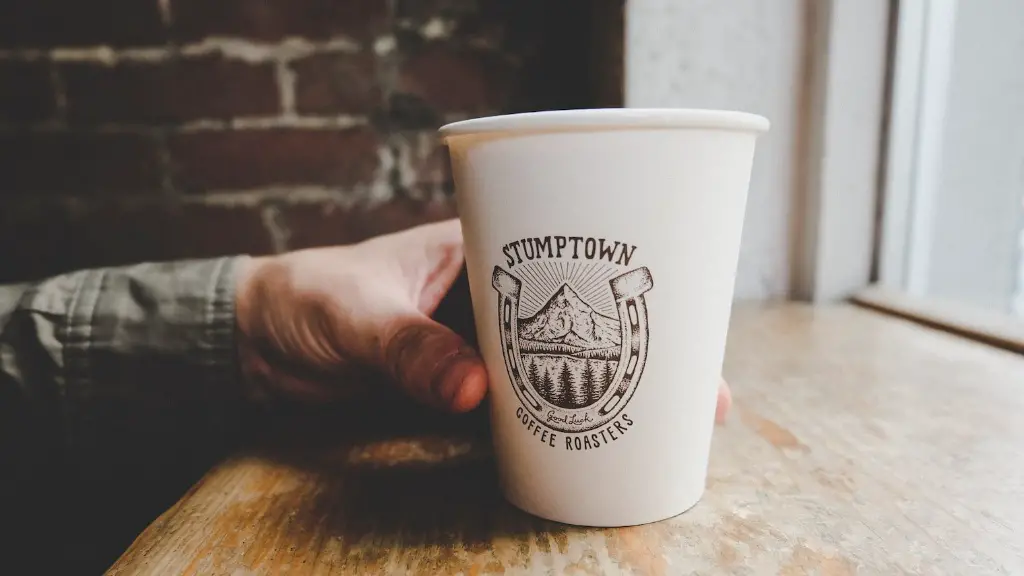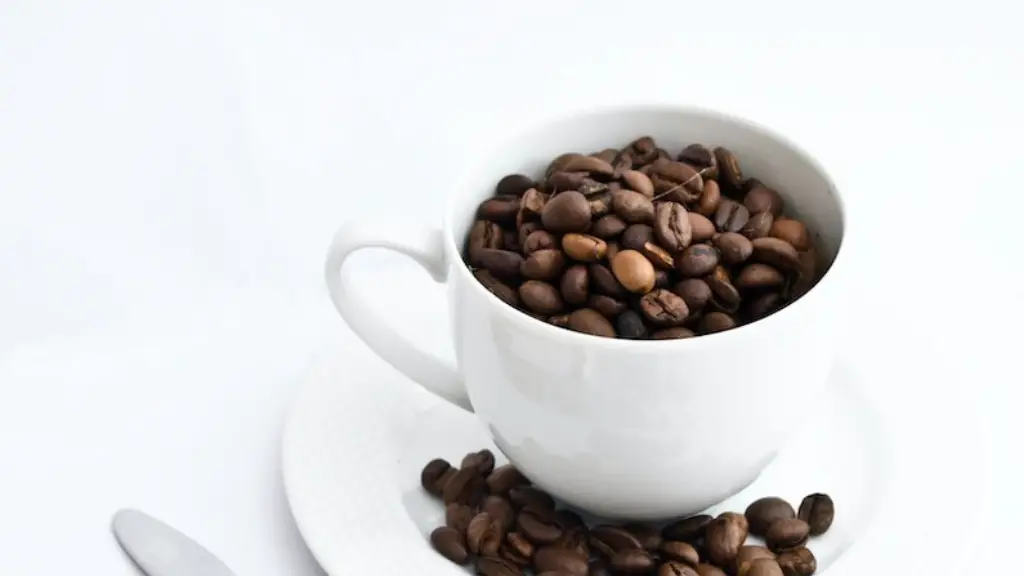Coffee is one of the most popular drinks in the world, and coffee beans are its key ingredient. But what happens if you eat a coffee bean?
Coffee beans are actually the pitted, dark-roasted seeds of coffee berries. And like any other seed, they’re packed with nutrients and antioxidants. Eating coffee beans can give you a jolt of energy, due to the caffeine they contain. And like other seeds, they also contain fiber, which can help with digestion.
So, while it’s perfectly safe to eat coffee beans, they might not taste as good as you expect. And if you’re not used to the caffeine, it could give you a bit of a jolt!
A coffee bean is actually the pit of a coffee fruit. The fruit is often called a coffee cherry, and you can sometimes find them for sale at farmer’s markets.
What happens if you eat one coffee bean?
Caffeine is absorbed differently depending on how it is ingested. When drinking caffeine in coffee, tea, or soda, it is absorbed through the stomach and intestines and takes longer to have an effect. However, when chewing on a bean, the caffeine is directly absorbed by your mouth into the bloodstream. Therefore, even a single bean, which may have 1/10 or less caffeine than a cup, will give you a boost. It will give it sooner, usually while you’re still chewing on it, but it will go away sooner too.
The long answer is that it really depends on the person. Some people can handle more caffeine than others, and some people are more sensitive to it. If you’re pregnant or have any medical conditions that could be affected by caffeine, you should talk to your doctor before eating any coffee beans.
What happens if you eat 10 coffee beans
Coffee is a great way to start the day or to perk yourself up, but it is important to moderate your intake. Too many coffee beans can lead to increased heartburn, increased heart rate, and other unpleasant side-effects. Not only this but too many coffee beans can also have a laxative effect, but it can lead to high cholesterol over time if consumed continuously. So, drink coffee in moderation and enjoy the benefits!
Coffee beans are a great source of antioxidants and caffeine. On average, eight coffee beans contain an amount of caffeine equivalent to one espresso. The interesting thing is that your body will absorb the caffeine more quickly, so beware.
Do coffee beans get digested?
Coffee beans are a small treat that you may not get much of the caffeine from. Most of the caffeine is released during the brewing process, so you will probably not get much from eating the beans. However, you may find that you like them.
Caffeine is a stimulant that is found in coffee beans. A single Arabica coffee bean contains about 5 to 10 mg of caffeine. This means that you can eat as much as 40 to 80 coffee beans per day. Chocolate-covered coffee beans, however, have higher amounts of caffeine. Milk chocolate contains 9 mg (7) and dark chocolates contain about 12mg (8) per ounce.
Can you eat coffee beans raw?
Raw coffee beans are difficult to chew due to their hard texture. They also have a strong flavor that some people may not enjoy. When coffee beans are processed, the darker they are roasted, the softer they become.
You can eat raw coffee cherries straight off the tree – no need to wait for them to ripen first. Just beware that they can be quite sour and acidic.
What happens if you eat a spoonful of coffee grounds
Coffee grounds are a great source of antioxidants, dietary fibre, and caffeine. All of these are healthy and safe to consume, making coffee grounds a great addition to your diet.
While coffee may give you a much-needed jolt of energy, it’s not something you can live on. Your body needs essential nutrients and vitamins in order to function properly, and coffee simply doesn’t provide those. So while coffee can be a great pick-me-up, make sure you’re also getting the nutrients your body needs to stay healthy.
What happens if you drink 100 coffees?
While it would take a lot of coffee to reach a lethal dose of caffeine, it is possible to consume too much caffeine at once. Pure powdered caffeine can be deadly if just a teaspoon is consumed. It is important to be aware of your caffeine intake and to know your limit.
While coffee beans are safe to eat, you shouldn’t stuff your mouth with handful after handful, especially if you’ve never tried to eat coffee beans before. While safe, coffee beans are high in both caffeine and acidity.
How long does a coffee buzz last
Caffeine is a stimulant that affects the central nervous system. You may notice the effects of caffeine within 15 minutes of consuming it. The levels of caffeine in your bloodstream will peak an hour later and remain there for several hours. About 6 hours after you consume caffeine, half of it is still in your body. Caffeine may not completely clear your bloodstream until after 10 hours.
Beans are a good source of fiber, including oligosaccharides, which are non-digestible, fermentable fibers that can cause gas. While this might sound unpleasant, it’s actually a good thing, as these fibers survive the acidic stomach and don’t get digested in the upper part of the gut. This means they can be fermented by gut bacteria, which can lead to a number of health benefits, including improved gut health, reduced risk of obesity and diabetes, and potentially lower blood cholesterol levels.
How long dies it take to digest coffee?
Caffeine is a stimulant that occurs naturally in coffee, tea, and cocoa beans. It’s also added to some sodas, energy drinks, and over-the-counter medications.
Caffeine works by stimulating the brain and central nervous system, which can improve mood, increase alertness, and increase energy levels.
However, caffeine can also cause side effects, including anxiety, jitteriness, and insomnia. Too much caffeine can also lead to more serious health problems, such as heart palpitations and irregular heartbeat.
It’s important to limit your caffeine intake if you’re pregnant, breastfeeding, or have any medical conditions. If you’re healthy, you can safely consume up to 400 mg of caffeine per day.
Pulses and beans are rich in fiber and take longer to digest than other foods. This is because they contain complex carbohydrates that the body needs to break down. The complex carbohydrates in pulses and beans are good for you, but they can also cause gas and bloating. To avoid this, make sure to cook them thoroughly and eat them in moderation.
Final Words
If you eat a coffee bean, you will taste the coffee flavor. The coffee bean is the seed of the coffee plant and is used to brew coffee.
There is no need to worry if you accidentally eat a coffee bean. While it may not taste great, it certainly won’t kill you. In fact, you might actually benefit from the small amount of caffeine that you’ll consume.





